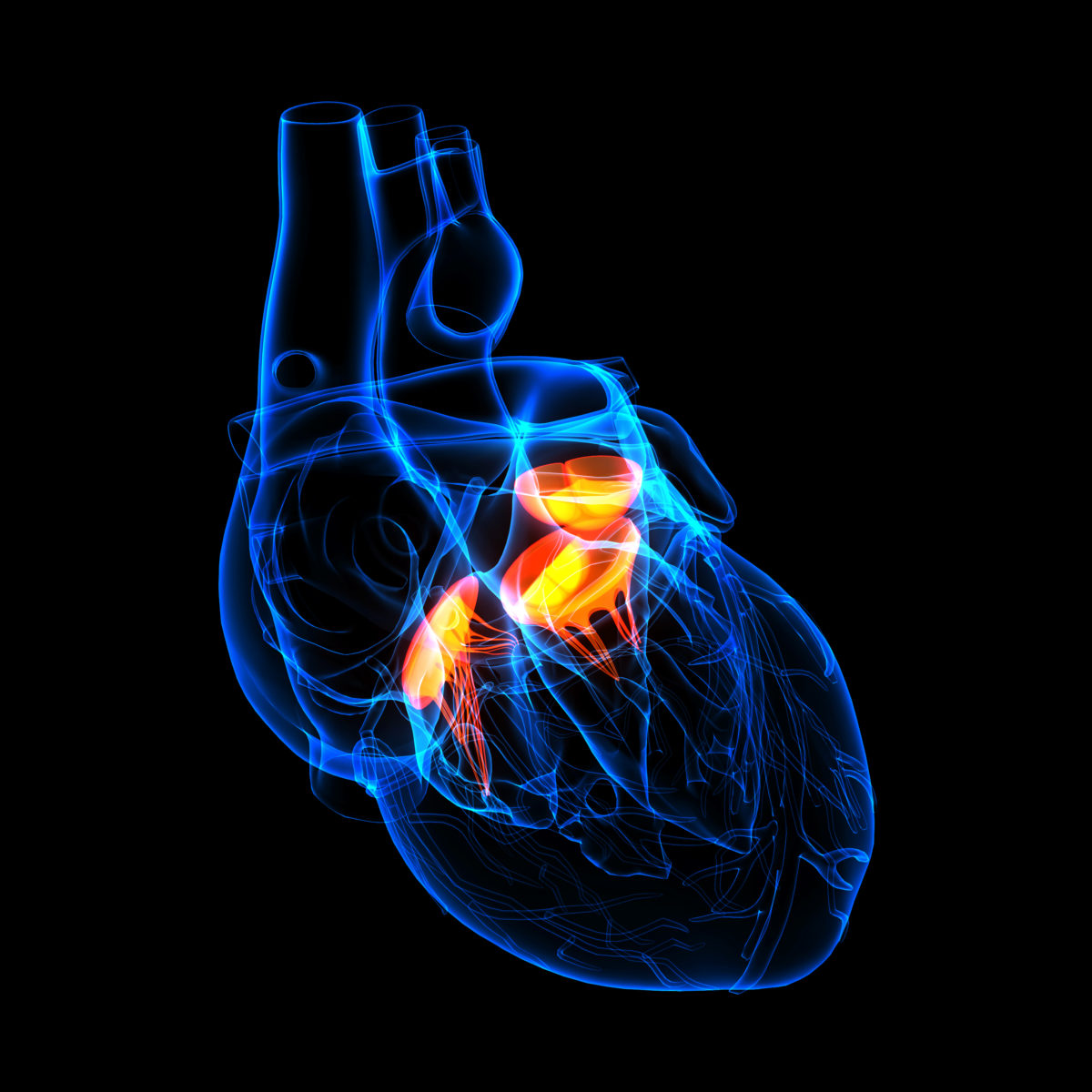By now, most people know that smoking cigarettes is not good for the body. However, many people associate smoking with only its negative impact on the lungs, teeth, and mouth area. This is far from the truth. Smoking can affect the entire body, including the heart. There are many studies out there that suggest cigarette smoking is a major cause for coronary heart disease, which could ultimately lead to a heart attack. One out of five deaths from heart disease is related to smoking.
When a person is smoking, the combination of smoke and nicotine raises blood pressure, decreases good (HDL) cholesterol, decreases a person’s ability to exercise effectively, and increases the likelihood for a blood clot. Smoking also reduces the amount of oxygen that goes to the heart, increases heart rate, gives the blood a sticky consistency, and harms the blood vessels.
People who smoke and have a family history of heart disease have an even higher chance of developing heart disease themselves. The odds are not in a smoker’s favor. If you are a smoker, your chances of developing heart disease can double or even be quadrupled than if you didn’t. If you’re a woman, your odds are even higher as a smoker (25 percent more likely) to suffer a stroke.
If any one of these facts scares you, you may want to rethink putting that next cigarette in your mouth. Once you quit smoking, your risk for heart disease and stroke is cut down in half just after one year of being smoke free.
If you are diagnosed with heart valve disease, your doctor will recommend several lifestyle changes – quitting smoking will be one of them.
Heart valve disease can turn deadly if it leads to a heart attack or stroke, so it’s in your best interest to practice heart-healthy habits that will keep you healthier longer.
If you currently suffer from heart valve disease and are considering surgery, contact cardiac surgeon Dr. Peter Mikhail in Tampa, Clearwater, and New Port Richey, Florida. Dr. Mikhail specializes in mitral valve surgery and min-AVR, which are minimally invasive surgeries. To learn more about heart valve surgery, click here or call 727-312-4844 to book an appointment with Dr. Mikhail today.






